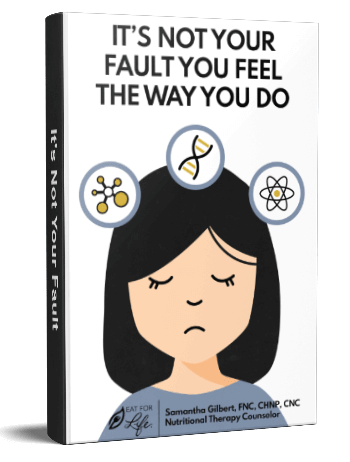here is your life assessment result
Undermethylated
Undermethylated
What is undermethylation?
Undermethylation (also called histadelia) is an epigenetic condition that occurs when too few methyl molecules are available to add to enzymes, hormones, and neurotransmitters. Undermethylation is not the same condition as histamine intolerance or Mast Cell Activation Disorder.
Why is it a problem?
Lack of methyl groups (a carbon group with three hydrogen atoms) to support neurotransmitter activity creates depressed levels of serotonin, dopamine, and norepinephrine. Suboptimal levels of these important neurotransmitters causes depression, perfectionism, obsessive-compulsive and ritualistic behaviors, addictive tendencies, high-achievement and competition, and seasonal allergies. Undermethylators tend to respond well to serotonin-enhancing substances such as Prozac, Zoloft, St. John’s Wort, and SAMe. We are also more at risk to develop certain types of cancers.
Who can be undermethylated?
I often see high achieving, type A females with strong perfectionistic tendencies to be undermethylated. They are calm on the outside with lots of inner tension and often, severe depression. Undermethylation is also an underlying component of autism. However, any gender of any age can be undermethylated.
How can we fix it?
Undermethylators have a genetic tendency to be very low in calcium, magnesium, methionine, and vitamin B6, with excessive levels of folic acid. This condition can be safely corrected and balanced with dietary and nutrient therapy.
Note: results are NOT a diagnosis. Lab testing is required to determine if you are undermethylated.


